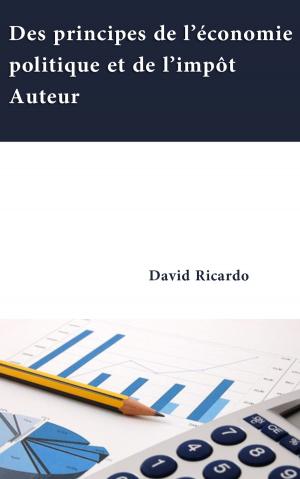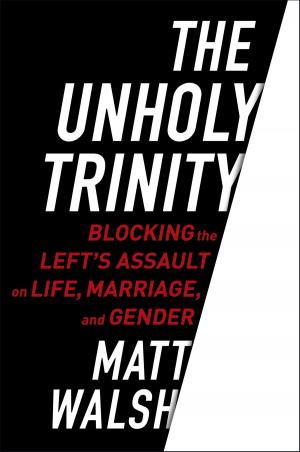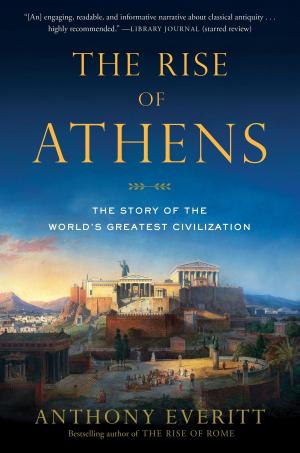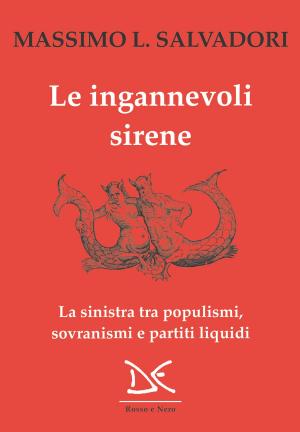Brexit and Democracy: Reclaiming Full and Equal Suffrage from the Political Cartel
Nonfiction, Social & Cultural Studies, Political Science, Government, Democracy, Religion & Spirituality, Philosophy, Political| Author: | Gerry Dorrian | ISBN: | 9781999756000 |
| Publisher: | Gerry Dorrian | Publication: | June 5, 2017 |
| Imprint: | Smashwords Edition | Language: | English |
| Author: | Gerry Dorrian |
| ISBN: | 9781999756000 |
| Publisher: | Gerry Dorrian |
| Publication: | June 5, 2017 |
| Imprint: | Smashwords Edition |
| Language: | English |
Was the 2005 UK general election rigged?
In other words: does democracy tend to give rise to fascism, freedom to oppression, tolerance to intolerance?
The answer to these questions is necessary to understand the explosion of anti-democratic sentiment immediately after the UK’s European Union (EU) membership referendum produced a democratic result to leave the EU.
One the way we will look at how Enlightenment culture, in its death throes from the start of the First World War to the end of the Second, left as its legacy full and equal suffrage, in the demand that any citizen who can suffer as a result of a state’s deeds or misdeeds must have a say in that state’s running equal to the say of every other citizen.
We will also look at questions politicians must not be allowed to run away from:
Why did it take the election of 56 Scottish National Party MPs to start an avalanche of democracy in British politics?
Was Britain taken into the Iraq war to distract its citizens from electoral fraud?
Why does the EU force countries to repeat referendums?
When did political parties start sewing up the majority of the vote between them, and why?
Was Greece admitted to the Euro in the knowledge that its weak economy would produce a crisis later on?
Why was a former Wehrmacht officer made President of the European Commission?
Why does anti-Semitism keep cropping up in politics?
Does Britain need a constitution?
This is a powerful, intensively-researched and extensively referenced examination of the deep and recent historical, philosophical and political roots of the European integration project, and, regardless of your views on that project, will provide you with food for thought and material for debates and essays. From Plato to Popper, Spinoza to Scheler, Husserl to Heidegger and not forgetting Wittgenstein, Sartre and Derrida, the philosophical background to the forces supporting and opposing freedom and democracy are laid bare. EU treaties are analysed as are the legacies of statespeople such as Metternich, Bismarck, Garibaldi and British Prime Ministers such as Attlee, MacMillan, Heath, Thatcher, Major, Blair and Cameron. Also included are attempts to cancel the 2016 EU membership referendum and to cancel the 2017 general election “for the foreseeable future”.
Was the 2005 UK general election rigged?
In other words: does democracy tend to give rise to fascism, freedom to oppression, tolerance to intolerance?
The answer to these questions is necessary to understand the explosion of anti-democratic sentiment immediately after the UK’s European Union (EU) membership referendum produced a democratic result to leave the EU.
One the way we will look at how Enlightenment culture, in its death throes from the start of the First World War to the end of the Second, left as its legacy full and equal suffrage, in the demand that any citizen who can suffer as a result of a state’s deeds or misdeeds must have a say in that state’s running equal to the say of every other citizen.
We will also look at questions politicians must not be allowed to run away from:
Why did it take the election of 56 Scottish National Party MPs to start an avalanche of democracy in British politics?
Was Britain taken into the Iraq war to distract its citizens from electoral fraud?
Why does the EU force countries to repeat referendums?
When did political parties start sewing up the majority of the vote between them, and why?
Was Greece admitted to the Euro in the knowledge that its weak economy would produce a crisis later on?
Why was a former Wehrmacht officer made President of the European Commission?
Why does anti-Semitism keep cropping up in politics?
Does Britain need a constitution?
This is a powerful, intensively-researched and extensively referenced examination of the deep and recent historical, philosophical and political roots of the European integration project, and, regardless of your views on that project, will provide you with food for thought and material for debates and essays. From Plato to Popper, Spinoza to Scheler, Husserl to Heidegger and not forgetting Wittgenstein, Sartre and Derrida, the philosophical background to the forces supporting and opposing freedom and democracy are laid bare. EU treaties are analysed as are the legacies of statespeople such as Metternich, Bismarck, Garibaldi and British Prime Ministers such as Attlee, MacMillan, Heath, Thatcher, Major, Blair and Cameron. Also included are attempts to cancel the 2016 EU membership referendum and to cancel the 2017 general election “for the foreseeable future”.















